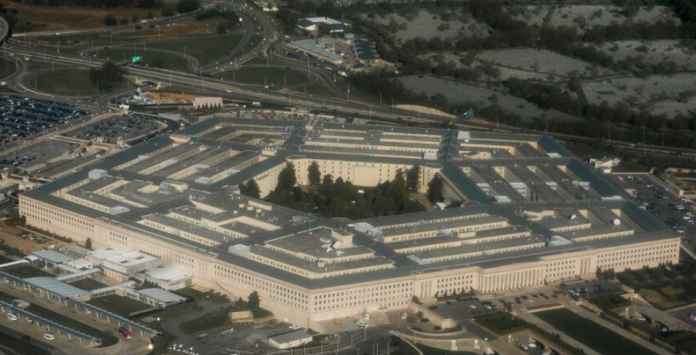The European Union’s foreign affairs chief Josep Borrell admitted yesterday, Sept. 5, that an agreement on a return to the Iran nuclear deal might not be reached as soon as he thought just last week. Israeli Prime Minister Yair Lapid said today it is still too early to know whether Israel had managed to thwart the efforts to revive the pact.
On a visit to the Nevatim airbase, Lapid said, “If Iran keeps trying, it will discover Israel’s long arm and capabilities. We will continue to act on all fronts against terrorism and against those who seek to harm us. As President [Joe] Biden and I agreed, we have full discretion to do whatever we deem appropriate to prevent the possibility of Iran becoming a nuclear threat.”
Lapid was referring to a statement made yesterday by US Ambassador to Israel Tom Nides, who said that the White House assured Israel it will never seek to prevent it from protecting itself against Iran. Speaking at a press conference in Jerusalem, Nides said Biden had reassured Lapid in their phone call last week that the United States “will never allow Iran to obtain a nuclear weapon,” pledging, “We’ll never tie Israel’s hands.” Nides added, “We understand the aggression of Iran. [Biden] was very clear to the prime minister in that belief.” The ambassador said he was due to meet with Lapid last night to discuss the Iran portfolio.
A bipartisan senatorial/congressional delegation arrived over the weekend to Israel and met with Lapid yesterday. Two of its members — Democratic Senator Robert Menendez and Republican Senator Lindsey Graham — are longtime opponents of reviving the deal.
Speaking at a press conference in Jerusalem just before meeting with Lapid, Menendez said that his committee would conduct a review and that there will be a vote if an agreement is reached between Washington and Iran.
Graham stated, “The purpose of the trip, from my point of view, was to stress continuity” of ties between the two nations,” and “The point of this trip is to collect information about the Iran program [and] to reassure the Israeli government — left, right, middle — that the US-Israel relationship is foundational to both countries. That no matter what happens in November in America … the assistance that Israel enjoys from the American government will continue.”
Graham also said that he and Menendez had formulated their own plan to curb Iran’s nuclear ambitions. Their framework would allow Iran to have nuclear power but require that all uranium enrichment take place outside of the region.
The bipartisan delegation was briefed yesterday by Mossad chief David Barnea, who was slated to leave for Washington later in the day for talks with senior US officials on Iran’s nuclear program. A press release by the government said Barnea’s meetings will focus on tightening security and intelligence coordination with the United States regarding the Iranian nuclear issue. According to Israeli press reports, Barnea is expected to meet with seniors at the White House, the CIA the Pentagon, the State Department and other security agencies.
Opposition head Benjamin Netanyahu reacted yesterday to unconfirmed reports that Lapid had prevented Barnea from appearing in front of the Senate Intelligence Committee. He tweeted, “This is not the way to stop Iran from obtaining nuclear weapons against us. To stop Iran, we must act with all our might — in the Congress, the Senate and the American media.”
Barnea’s trip to Washington comes after a visit of Defense Minister Benny Gantz to Washington and to the US CENTCOM base in Florida end of August, and a visit to Washington by Israel’s National Security Adviser Eyal Hulata a week ago.
After Gantz’s meetings in the United States, a senior security official told the Israeli press that Jerusalem still has maneuvering space to influence the drafting of the agreement. The unnamed source claimed that Washington is open to Israeli arguments for the need for military buildup against Iran. He said that until a deal is reached, it is too early to discuss compensation.
Even if Jerusalem and Washington are not yet discussing a post-Iran-deal security package, they sides continue to discuss strengthening Israel’s defense and offense capabilities.
On Sept. 1, aircraft manufacturer Boeing signed a contract with the US Department of Defense to supply the Israeli air force with four KC-46 refueling planes. The planes are considered necessary for Israel to attack targets far from its borders, such as Iran.
Gantz said in a Sept. 1 statement, “The refueling planes we are purchasing along with the procurement of a new F-35 squadron, heavy transport helicopters, submarines and advanced armaments will serve the IDF amid the enormous challenges, near and far, that are about to be faced.”
Reports say that Israel had asked for the delivery date, scheduled for 2025, to be moved up, but that Washington has not yet agreed./ BY Rina Bassist/ Almonitor




